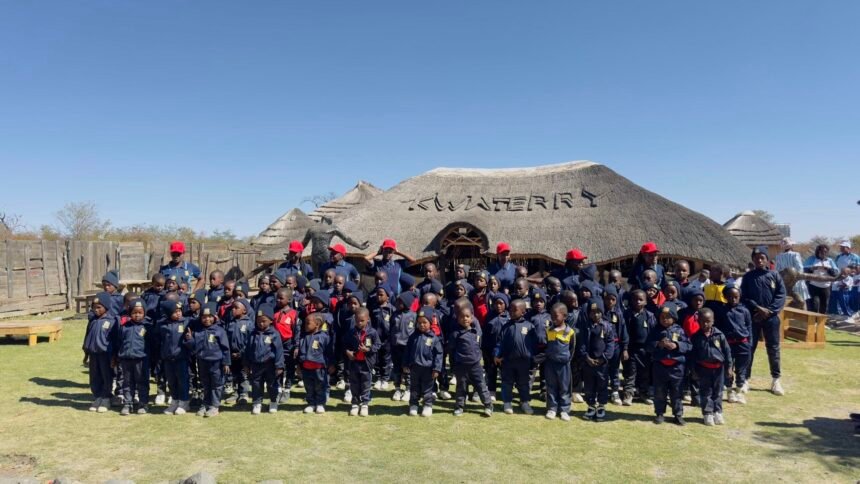In the push to revitalise Zimbabwe’s economy, rural tourism stands out as a largely overlooked but highly promising sector. With vast landscapes, natural resources, and cultural richness, rural parts of the country offer untapped potential for domestic and international tourism development.
From scenic mountains and winding rivers to forests and farmland, rural Zimbabwe is well-positioned to benefit from the global shift towards experiential travel. Travellers are increasingly seeking nature-based, wellness-oriented, and culturally immersive experiences, many of which rural communities can offer with minimal infrastructure and investment.
Yet despite this potential, most of the focus in Zimbabwe’s tourism industry remains concentrated in a few high-traffic areas such as Victoria Falls, Hwange, and the Eastern Highlands. This leaves much of the country’s rural charm underutilised and uncommercialised.
Across the country, there are large tracts of land that could be transformed into low-impact, high-value tourism sites. A piece of farmland next to a dam could become a fishing retreat. A mountain village with forest trails could offer hiking, zip-lining or guided cycling tours. A homestead could be converted into a traditional food and culture hub.
These are realistic, practical opportunities, particularly in a time when Zimbabwe is seeking innovative ways to create jobs, attract investment, and boost rural incomes.
Tourism is not a one-size-fits-all industry. Some travellers want luxury lodges. Others are happy to sleep in tents under the stars. Some want five-course meals. Others are more interested in local delicacies cooked on an open fire.
The industry needs to accommodate a wide range of preferences, wellness retreats, adventure trips, rural homestays, cultural workshops, and nature escapes all have their place. The more diverse the offerings, the broader the market reach.
But this diversity needs coordination. Currently, many entrepreneurs and rural landowners are working in silos. There’s a tendency to compete rather than collaborate. That approach limits growth and weakens Zimbabwe’s ability to present a cohesive tourism brand to the world.
For rural tourism to succeed, there must be stronger partnerships between communities, entrepreneurs, government agencies, and tourism boards. Shared marketing strategies, joint investment in infrastructure, and policy support for small operators can go a long way in lifting the entire sector.
This is particularly important under the African Continental Free Trade Area (AfCFTA) and Single African Air Transport Market (SAATM) initiatives, which aim to improve regional connectivity, trade, and tourism.
The challenge now is less about resources and more about organisation and support.
While the global market is important, Zimbabwe must also make it easier for Zimbabweans, and Africans more broadly, to explore their continent. Popular Ghanaian YouTuber Wode Maya, known for promoting intra-African travel, recently highlighted the difficulties of moving between African countries. He pointed to visa restrictions, high airfares, currency exchange complications, and administrative red tape as major barriers.
These issues apply just as much within Zimbabwe. Travel between provinces can be costly, and rural areas often lack the transport infrastructure to make tourism viable. If rural tourism is to thrive, these basic enablers, roads, signage, electricity, water- must be prioritised.
Entrepreneurs like Terrence Maphosa, founder of KwaTerry, are already setting the pace. By transforming rural land into a vibrant tourism venture, he has shown what is possible when vision meets action. KwaTerry has become an example of how local investment, community engagement, and a well-designed rural experience can create value, not just for tourists, but for local economies. Others can follow suit.
The solution is not to wait for large investors or government funding. If you have land with scenic value, consider small-scale developments, a campsite, a guided trail, or a homestay experience. These can generate income and slowly build momentum. A tourism economy built from the ground up is more inclusive, more sustainable, and more adaptable to changing trends.
Zimbabwe is not short on potential. But potential alone doesn’t grow an economy. Action does. The success of ventures like KwaTerry, led by Terrence Maphosa, proves that rural tourism is not a theory; it’s a viable business model. With the right mindset and willingness to collaborate, more Zimbabweans can turn overlooked land into thriving destinations. The time to act is now.










